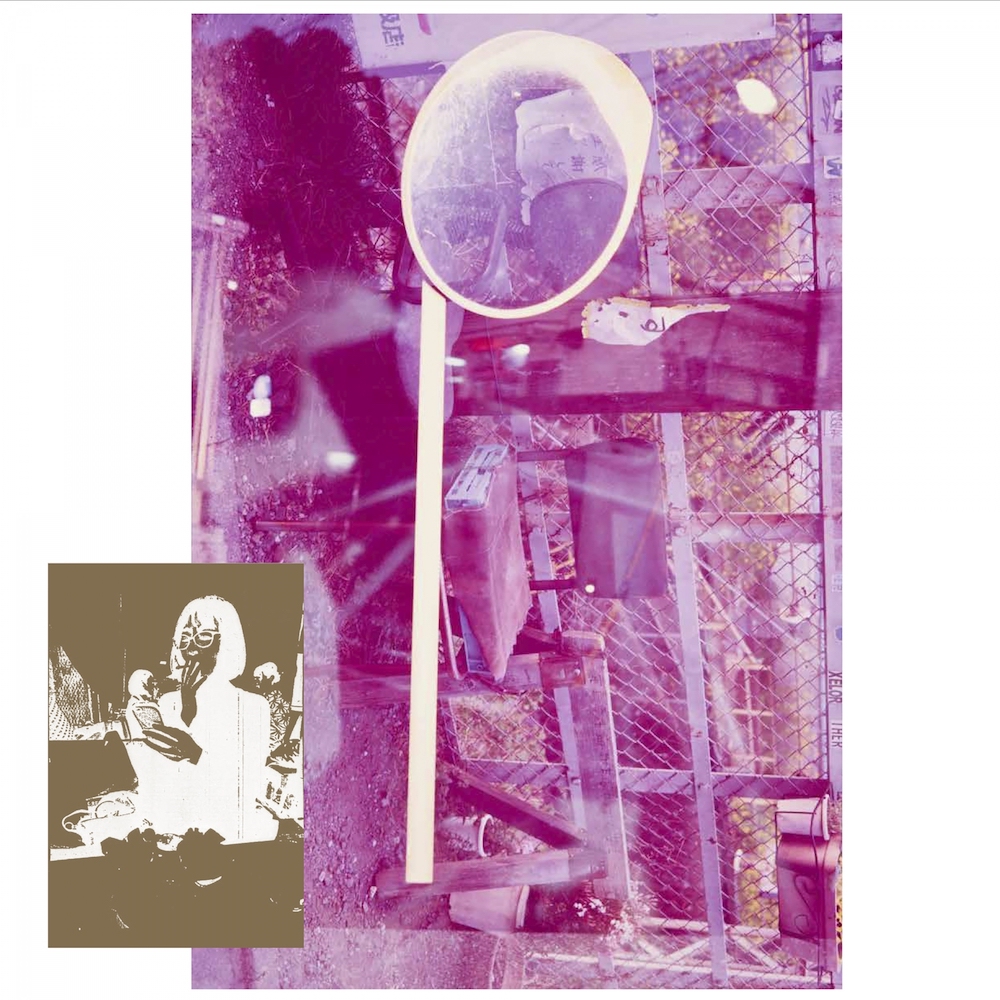Even as things take a strange turn, Phew’s music continues to resonate at its own frequencies.
As a celebrated figure within the lineage of Japanese post-punk and noise, Hiromi Moritani’s sound explorations have spanned over decades – starting in Osaka’s No Wave scene in the 1970s, collaborating with Ryuichi Sakamoto as well prominent members of krautrock, all the way up to working in isolation underneath the dystopic energies of the last two years. In her first return to Mute Records in 30 years, Phew projects a wavering identity through the sombre dronescape of New Decade.
From her days in Aunt Sally, Phew has been a glowing figure within the obscured histories of Japanese post-punk and noise. During Japan’s economic bubble in the late 1970s and 1980s, musicians in the underground developed science fiction-esque techniques with amplified sounds, manipulating new audio equipment that became available then and there.
Phew’s voice is always bonded with the metal hum of technological civilisation. Through the feedback of old synthesisers and drum machines and a trembling guitar, New Decade projects a stony void rather than lively provocation. In her ritualistic solo work, Phew’s vocals exist liminally; between utterance and deadpan, English and Japanese, echoing but reaching nowhere.
The grey electronic buzz of first track “Snow and Pollen” might refer to the abnormal weather conditions of recent years; it portrays the emptiness of an irreversibly mutated climate. She intones through static, “one day, in March, of a new decade… / only talking about the weather…”. Her voice swirls, drifting through the electromagnetics of her instruments, and her articulations convolute in their fleshy realities. It’s only possible to make out bits of her sentences.
She wails in “Days and Nights”, “sitting by the window, bus in the street, always…” her haunting poetics written as if in total darkness, even as the sun rolls up and down, day after day. Listeners are further dragged into her flow of consciousness, in “Into the Stream”, where a wandering guitar, doused in tremolo, echoes meditatively. Phew calls out to listeners, and an ominous ticking develops into a rattling cascade.
The infinite world of sonic exploration is reduced to an abysmal dead end with “Feedback Tuning”, whose acoustics are despairingly spacious. Phew screams into the sparseness, using snippets of field recordings – her footsteps through the expanse, perhaps throwing a ping pong ball around – and only the weirdest synth flutters and squeals are heard from the impasse.
The monochromatic hypnosis carries on through “Flashforward”, until New Decade concludes in its softest moments. The album’s final track, “Doing Nothing” starts dreamy, something like Music for Airports – but in a post-apocalyptic landscape after all the airplanes have crashed. Next to low, warm eruptions, it picks up a steady rhythm, and in spite of a song about remaining idle, Phew ends her record with the feeling of gently lifting off into the air.
While Phew’s recent work maintains a daring experimentalism, New Decade resounds as a faceless mourning of futurist promises that were never kept. In our own new decade, abject energies that previously existed in the underbelly of culture have bubbled up to the surface, manifesting as climate crises, political chaos, and health emergencies. The possibility of a cancelled future is channeled through Phew’s instrumental set-up, and she narrates in layered atmospheres, rather than in cohesive progression, expressing the specific textures of time that we inhabit today. New Decade comes across as bleak, but it’s deliberately restrained; its meditations cut through the real sentiments of our confusing years with the sincerity of a haiku. Especially amidst isolation and the uncertainties of modernity, we are reminded of the power of self-expression.

